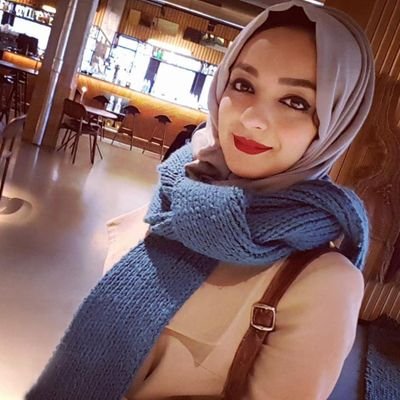War is a scary time for children who continue to suffer in conflict zones despite the protection provided by international law. In his first short film Paper Boat, Palestinian mathematics graduate turned filmmaker Mahmoud Abu Ghalwa asks whether human beings should have children in such a dangerous environment as the besieged Gaza Strip.
Born and raised in Gaza, Abu Ghalwa worked as a maths and science teacher before he decided to quit and start working as a scriptwriter for children’s TV programmes, where he was exposed to the world of video production. His new found passion for video editing led him to work as an editor on documentaries and news reports for local and international outlets such as Al Jazeera and UNRWA productions for over ten years.
OPINION: Charitable and humanitarian work is the ‘pounding heart’ of Palestine
Having lived through war and siege under Israeli occupation, Abu Ghalwa wanted to make a film not about the war itself, but rather the psyche of the human within. “We live in a very unique geographical spot,” he told MEMO, “and every aspect of it is special. I wanted to create my own film, something which would address my own thoughts artistically.”
The award-winning Paper Boat features a young couple who are expecting a baby as they await the birth in a claustrophobic room in Gaza. The future father is lost in the memories of his own childhood, wondering how his wife is willing to give life to another human being in these conditions and reflecting on his perceptions of freedom, slavery, and surrender. Abu Ghalwa was himself an expectant father during Israel’s “Operation Protective Edge” military offensive against Gaza in 2014.
“Everyone is a slave in Gaza,” he says. Palestinians are forced to live their lives around the restrictions of the blockade imposed on the Strip since 2007, with nowhere to escape. “The film is about an idea. The characters don’t have names because I don’t want it to become about them.”
With the help of friends who believed in his idea, he made the film entirely on his own, from the directing and producing down to the filming, editing, and sound mixing.
“It took me a long time to film because I didn’t have the money, time or even electricity,” he explained. The dialogue was recorded separately and then lip-synched in the whole film because it was set at night and the sound of the power generator could not be avoided when the camera was running.
“Making the film and financing it myself was not the biggest challenge,” Abu Ghalwa told me. “The real difficulty began later on when I decided to pursue my ambitions and dreams of becoming a film director.”
OPINION: Has the Great Return March achieved its goals?
Having been awarded a scholarship for scenario development by El-Gouna Film Festival a few years ago, Abu Ghalwa was unable to travel due to the Israeli siege on Gaza. The blockade meant not only did he have to overcome the many obstacles of making a film inside the coastal enclave, but also that he had to miss out on the scholarship as well as other opportunities that could help him develop as a filmmaker.
He has now managed to leave the Gaza Strip but has no permanent residence anywhere. Currently living in Turkey, he believes that with hard work and dedication, anything is possible. His drama short has been screened in more than ten festivals around the world.



![Mahmoud Abu Ghalwa (L), at Tawasul 3, Istanbul. [Jehan Alfarra/Middle East Monitor]](https://i0.wp.com/www.middleeastmonitor.com/wp-content/uploads/2019/04/Mahmoud-Abu-Ghalwa-left-at-Tawasul-3-Istanbul.-Jehan-Alfarra-MEMO.jpg?resize=920%2C613&ssl=1)






